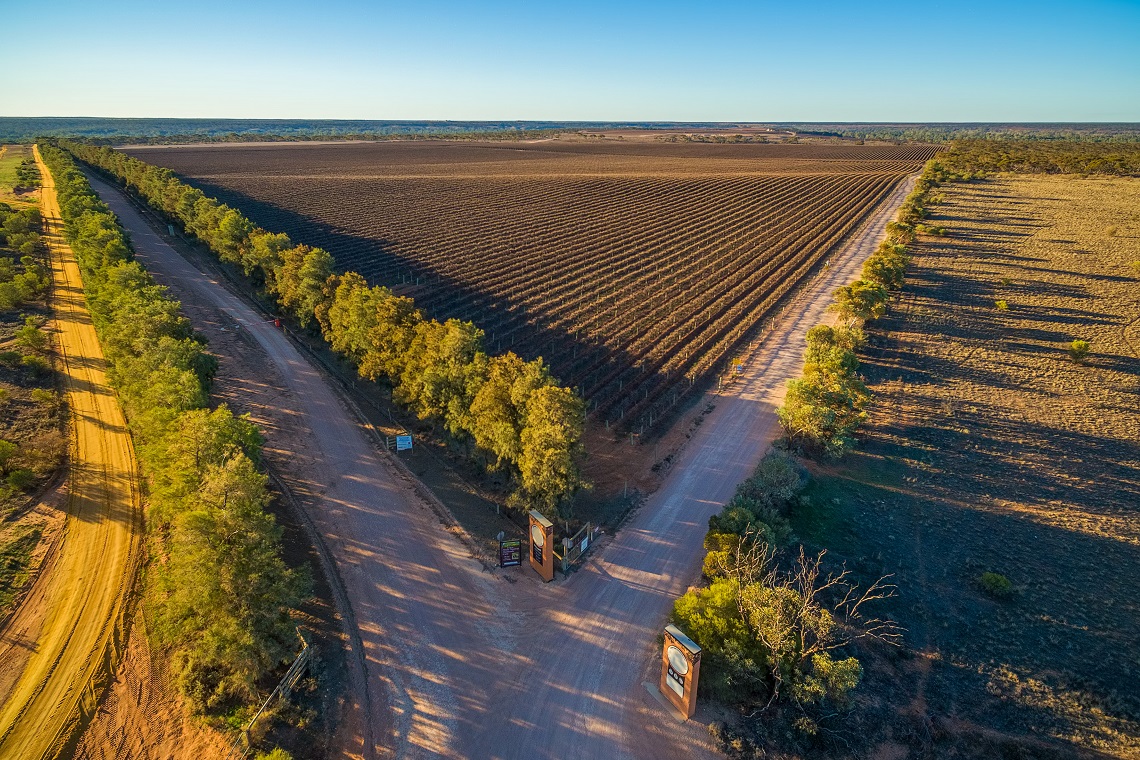The ACCC has published its interim report of its wine grape market study, and says it has found harmful practices are restricting competition in some Australian wine grape growing regions and limiting the potential for growth of Australia’s wine industry.
The report details a lack of transparency and certainty over how grapes are priced and assessed for quality, as well as supply contracts that run for multiple years but do not offer price certainty to growers.
The ACCC has now proposed measures to address what it calls “concerning practices” which the regulator believes to be “common across high production, warm climate wine grape-growing regions”.
“We found that winemakers do not publicise the prices they pay to growers and often have confidentiality terms to prevent growers from disclosing their indicative and final prices to other growers,” ACCC Deputy Chair Mick Keogh said.
“Meanwhile, various supply arrangements appear to favour incumbent buyers of bulk wine grapes, such as exclusive supply clauses, automatic and long term contract extensions, and difficult contract termination obligations on growers.”
The ACCC is also concerned about delayed payment terms for growers, which can sometimes stretch up to nine months after grapes have been delivered to a winery.
“There are significant bargaining power imbalances between large winemakers and the small growers who supply them, a dynamic that is common between suppliers and processors across the agricultural sector,” Keogh added.
“This power imbalance is particularly evident in the bulk wine grapes industry.”
Some of these concerning practices that the ACCC has identified in its interim report, include:
- growers being largely price takers and unable to effectively negotiate with winemakers
- a lack of transparency and certainty over pricing and quality assessment procedures
- multi-year supply agreements without price certainty or verifiable price benchmarks
- delayed payment terms for growers, sometimes up to nine months after delivery of grapes
- imbalances in supply agreements which disproportionately allocate transactional risk to growers, allow winemakers to act unilaterally and have the potential to cause significant detriment to growers, and
- a low level of competition between winemakers acquiring grapes in warm climate regions.
In the report, the ACCC states: “The ACCC is considering options to improve industry contracting practices, to foster stronger competition between winemakers, and to provide a greater level of certainty and transparency to growers. Increased competition for grapes and improved price transparency will benefit growers, enabling them to make better-informed production decisions. In particular, growers will be better placed to decide which winemaker or winemakers to supply, which grape varieties to grow, how much key inputs such as water and fertiliser to apply, how to optimise other viticultural decisions.
“The interim findings and recommendations arising from this market study focus on encouraging practices that will facilitate more efficient grape production and processing. As such, these recommendations are focused on improving the efficiency of the industry as a whole.”
The ACCC’s interim recommendations include:
- winemakers in warm climate regions be required to provide indicative and final grape prices to an independent third party for simultaneous public release
- payment terms for wine grapes be shortened so growers are paid within 30 days of delivering grapes
- objective standardised testing for wine grape quality assessments be developed, and
- the dispute resolution mechanisms in the Australian Wine Industry Code of Conduct be improved.
During the study, the ACCC closely examined the operation of the voluntary Australian Wine Industry Code of Conduct, in place since 2009 and found that the Code’s impact has been limited due to the low numbers of winemakers that have signed up.
The ACCC found the Code’s key benefit to growers and winemakers was in providing a structured process for resolving disputes about price and quality assessments of wine grapes. However, because many major winemakers are not signatories to the Code, many growers are not able to access its dispute resolution mechanisms.
“The ACCC recommends that Australian winemakers with more than 10,000 tonnes of processing capacity sign the Code,” Keogh said.
“If more big winemakers don’t sign up, a mandatory code may be needed to bring about the required industry reforms.”
The ACCC is seeking feedback on the interim report by 28 June 2019 and expects to release a final report in September 2019.
The interim report is available via the ACCC website.
For further information or to submit information to the ACCC regarding the market study, email WineGrapes@accc.gov.au.

